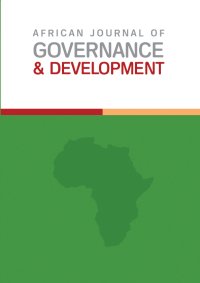Redistributing Public Institutions to Rural Areas: A Case of the University of Rwanda College of Education, Rukara
Main Article Content
Abstract
Redistributing some public institutions to rural areas and developing secondary cities to support
the capital city of Rwanda, Kigali, constitutes governmental policies. This paper identifies the opportunities and challenges of redistributing the University of Rwanda College of Education
(UR-CE) to Rukara. The study used a mixed method involving 61 students randomly selected from UR-CE and 69 residents from around the UR-CE. Using a t-test, there was a highly statistically significant difference (p<.001) between students and residents, with residents benefiting most from UR-CE. A statistically significant difference (p<.05 at 95% confidence interval) also appeared for gender, which showed that male students preferred to study in a rural area. The opportunities and challenges brought by UR-CE to residents were found to be different from those brought to students. For instance, job opportunities are found by residents near the university, and concentration on studies is an opportunity gained by most students. However, hygiene, water and sanitation were considered the top challenges faced by students, while the rising cost of food and accommodation were claimed by residents of Rukara.
Article Details

This work is licensed under a Creative Commons Attribution-NonCommercial-NoDerivatives 4.0 International License.
